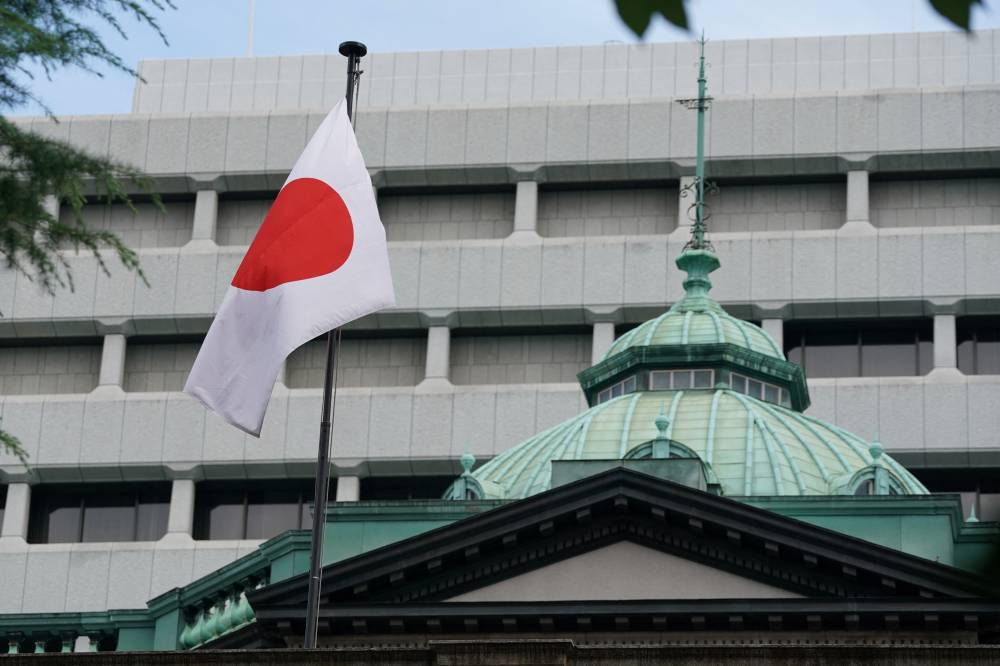Amid abuse claims, 120K forcibly institutionalized in Japan

Around 6:30 a.m. on Dec. 12, 2018, Minoru Eguchi and his wife, Tomiko, were busy preparing breakfast for residents of the nursing facility they were running in the city of Toyama in central Japan when four men suddenly entered. They placed Minoru in a wrestling hold and began dragging him outside.
He screamed for his wife to call police. The men forced Minoru, who was in his late 70s, into a private ambulance and drove off.
To his horror, Minoru was being forcibly institutionalized, a procedure applied to tens of thousands of Japanese in a complex system that critics say is rife with abuse and lacking independent oversight.
Minoru says he was held inside the ambulance for some five and a half hours en route to Utsunomiya Hospital in Tochigi Prefecture, located nearly 430 kilometers away. A doctor in charge attempted to paint a picture of a man out of control, describing Minoru of being “violent when he drinks and having dementia.”
He was forcibly held at the hospital for over a month despite the fact that he was not suffering from mental illness at the time, nor does he now.
“It was like being abducted and held prisoner,” said Minoru, now 84. “All of a sudden, I was put into a full nelson grappling hold and locked up.”
‘Medical protection’
Tomiko, 79, said, “These four men slipped in silently with their outdoor shoes on and dragged my husband out. It was truly frightening.”
With the consent of Minoru’s eldest son, who had financial disputes with his father, Minoru was forcibly admitted to Utsunomiya Hospital for “medical protection.”
His private room in the closed ward contained only a toilet and a bed. A single small window was positioned out of reach. Minoru, a former police officer, claims that he was treated like a prison inmate, adding angrily, “Prisons are cleaner.”
He says side effects from the psychotropic drugs he was administered caused him double vision, incontinence and dizziness. Tomiko, who had been a nurse at another psychiatric hospital, persuaded her son to consent to his father’s release. He was discharged after 37 days.
The Eguchis sued the facility for 14 million yen (around $91,730) in damages. In May, the Utsunomiya District Court found that the hospital had illegally admitted Minoru without conducting necessary medical exams, and ordered it to pay some 3 million yen (around $19,650) for “unlawfully restricting physical liberty.”
Utsunomiya Hospital acknowledged that it had misdiagnosed him with “delusional dementia in the elderly.”
‘Involuntary hospitalization’
“I don’t even want to remember it. The pain is still ingrained in my heart. I have nothing but distrust for that hospital,” Minoru said.
His case is far from unique. According to the Ministry of Health, Labor and Welfare as of the end of June 2024, some 120,000 people in the country were hospitalized under medical protection. Roughly 1,400 patients were subject to “compulsory hospitalization,” where individuals deemed at risk of self-harm or harm to others are forcibly admitted by administrative authority based on the concurring diagnosis of two or more designated physicians.
In cases of emergency involuntary hospitalization, a person can be admitted for up to 72 hours on the authority of a governor if a single doctor deems them dangerous and requires an immediate decision. Within the allotted time period, the governor and a psychiatrist must decide whether the hospitalization is appropriate.
There are two types of involuntary hospitalization: by administrative order by a governor if a person is a danger to themselves or others and by proxy such as through a family.
A high percentage of patients at psychiatric hospitals are there without consent, sparking concerns over human rights violations, problems with prolonged hospitalizations and the common use of physical restraints in closed wards.
Minoru’s lawyer, Keiko Nishimae, pointed out, “There are quite a few cases where it is misused in family disputes, inheritance matters and divorce issues.”
“Diagnoses inherently involve subjective elements from physicians and can naturally lead to differing judgments,” said Keisuke Aihara, a lawyer and certified mental health and welfare worker who specializes in psychiatric hospital issues. “However, there is no system in place to verify those judgments.”
He added, “The structural problem is significant—a single physician’s judgment can lead to involuntary hospitalization. We should consolidate involuntary admissions into a single system of hospitalization.”
















